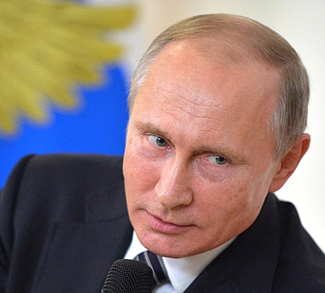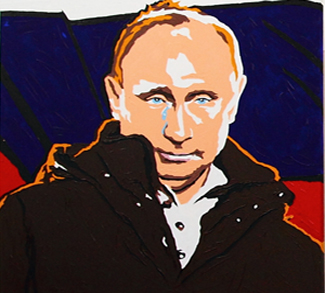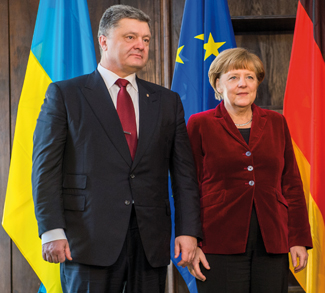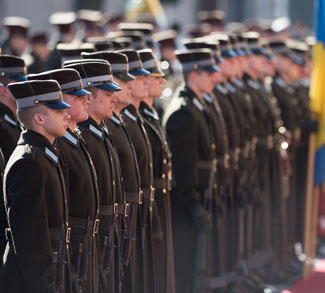The European Union imposed an array of sanctions on Russia in September 2014, following Russia’s annexation of Crimea and the breakdown of the first Minsk peace process. The sanctions focused on Russia’s financial and energy industries, and they have since had a ruinous effect on the Russian economy. The past two years have seen the Russian ruble languishing at historical lows and the Kremlin burning through its cash reserves in an attempt to mitigate the economic damage.
That these EU sanctions are still in force today reflects the enduring political stalemate in Ukraine. It also reflects sustained pressure from the US government for the EU to hold the line and keep up pressure on Moscow – at least until now.
The election of Donald Trump has changed all that. First in the ‘bromance’ between Putin and Trump, witnessed throughout the president elect’s campaign. Second in Trump’s presumed foreign policy goals, which would steer the United States away from its international entanglements and toward a more isolationist stance.
Without this pressure from the United States to hold the line, it’s unlikely that there’s enough political will in the European Union to maintain its sanctions against Russia. This likelihood is further compounded by the removal of the UK from the heart of European decision-making, as London was another force for keeping the sanctions in place until Russia came to heel in the Ukraine crisis.




